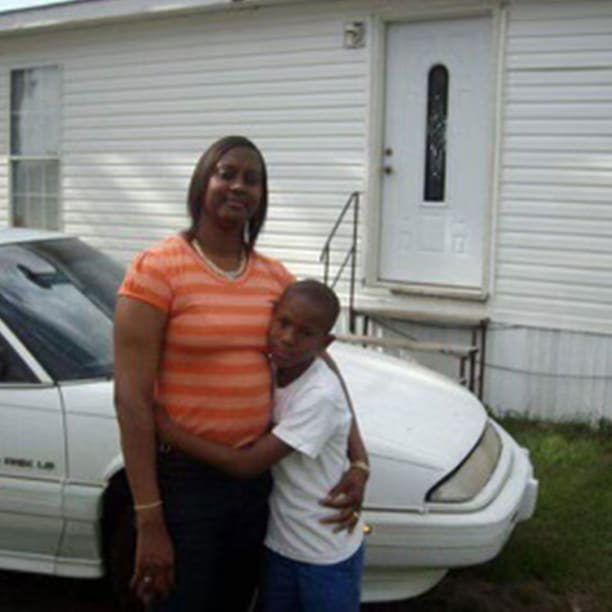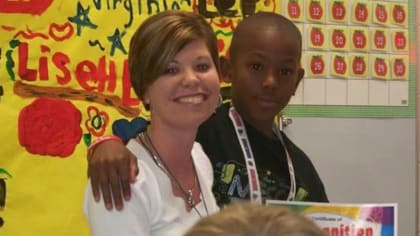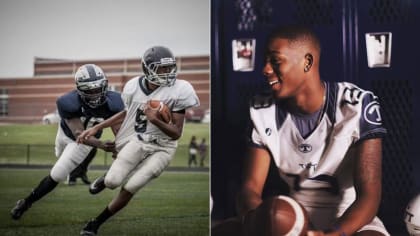
Bateman grew up in Tifton, a small, historically agricultural town in southern Georgia where one in five families and more than 40 percent of children live below the poverty line. Bateman was in one of those families and was one of those kids.

His mother, Lashonda Cromer, married his stepfather before Bateman could string a full sentence together.
“The first year was pretty good. But after that first year, a lot of abuse started,” Cromer said. “It went on for 10 years because I was afraid to get out of it.”

His stepfather was an alcoholic, often coming home groggy and angry. He didn’t hit the children, but Bateman called 911 on many occasions, trying to save his mom. Cromer was afraid to press charges for fear it would make matters worse.
“When you’re scared and you’re trying to stay safe for you and your kids, there’s not much you can do,” Cromer said. “Rashod was hurt. He told me he was hurt. I was trying to tell him, as soon as I felt we could get out of there safe, we were getting out of this.

“I always taught my kids, you do the opposite of what you see.”
Bateman and his brothers, Monjharvis and Travian, would take their frustrations to the backyard. They drew lines for a football field with their feet, stuffed balled-up paper under their T-shirts for shoulder pads.
At Annie Belle Clark Elementary School, Bateman would talk to his third-grade teacher, Mindy Palmer, who would later play a much larger role in his life, about the abuse at home. But it was at recess where he let out his frustration.





